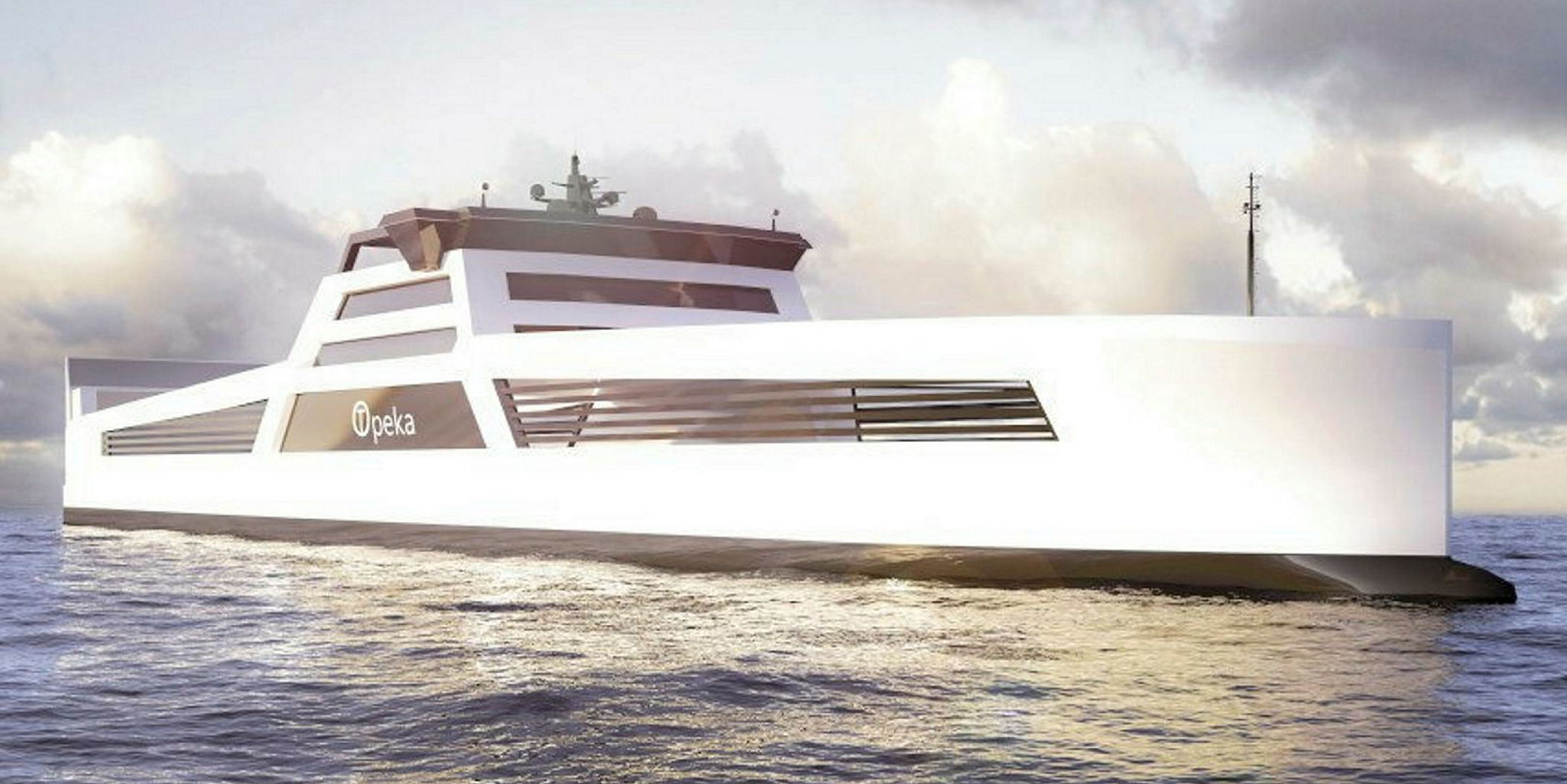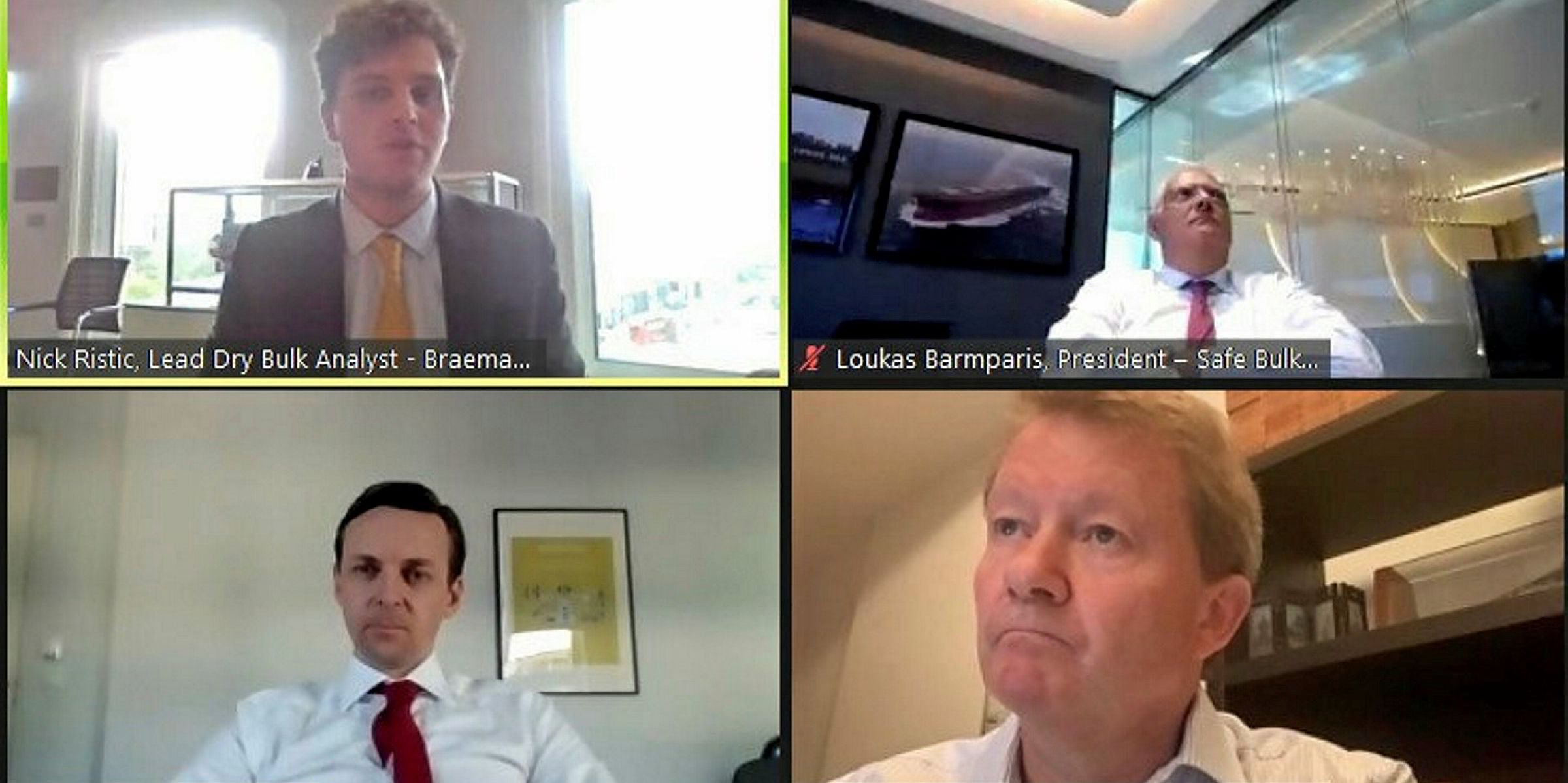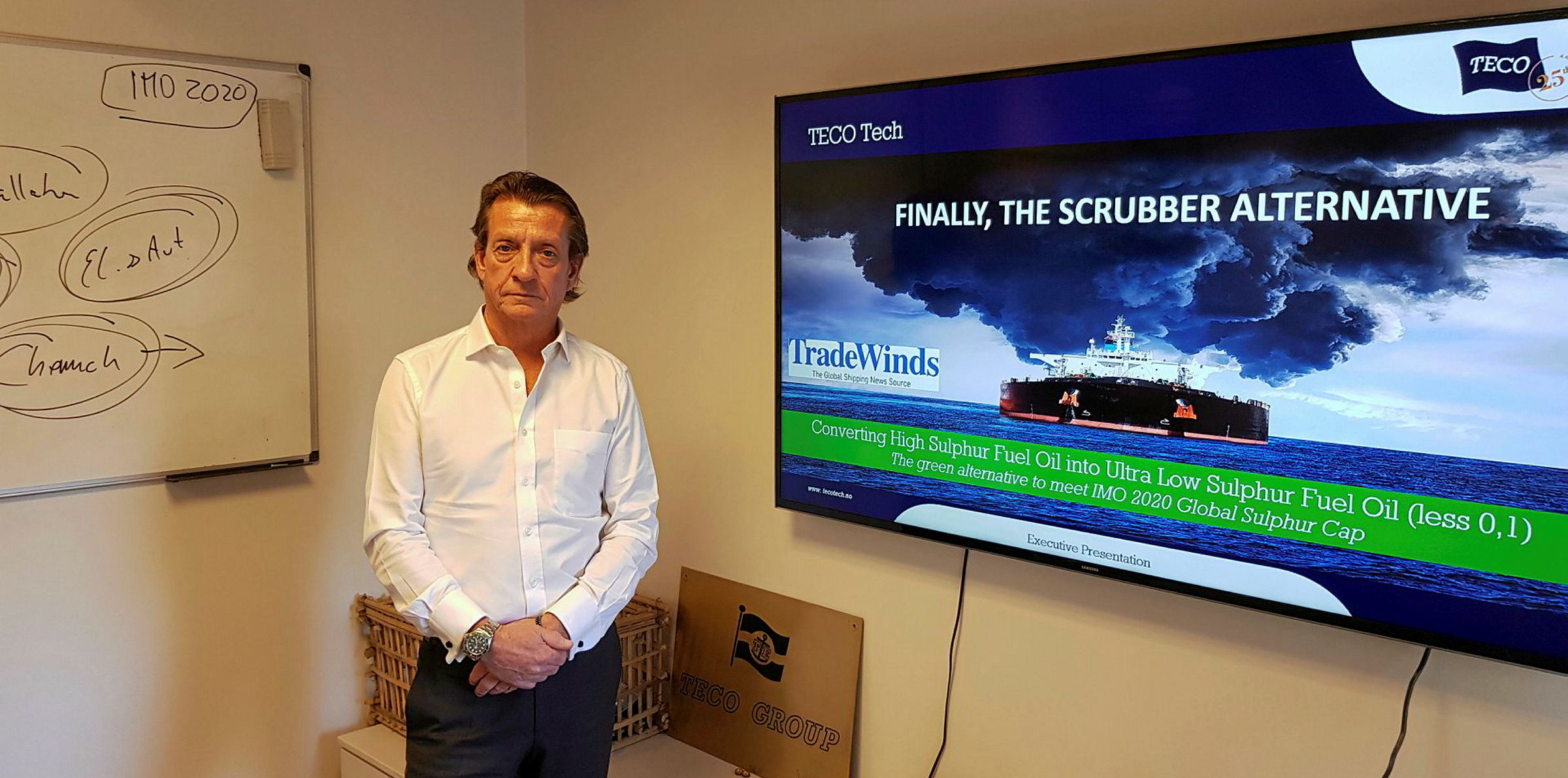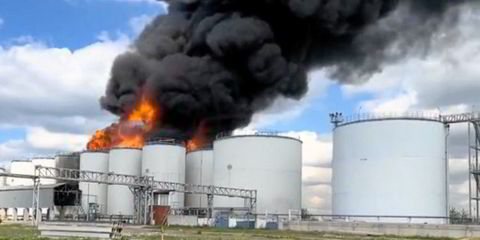Ship technology giant Wartsila is facing a 10% drop in revenue this year but expects demand to pick up in the short term.
The Finnish group's marine business includes propulsion systems, vessel servicing, scrubbers, new fuels, and autonomous and smart shipping solutions.
Net profit was up €25m ($29.6m) in the third quarter, from a loss of €5m a year ago, with the order intake stable at €981m. Revenue dropped 11% to €995m.
Despite an expected upturn in demand for its services, Wartsila said visibility remains limited, and the prevailing market conditions make the outlook uncertain.
Revenue to drop
Based on its current orderbook, the group is forecasting this year's revenue to fall 10% from the €5.17bn logged last year.
Profitability is expected to continue to be burdened by the effects of Covid-19 and, while service demand is anticipated to improve, the seasonal pick-up is unlikely to be as strong as in previous years.
Chief executive Jaako Eskola said the virus continued to limit the appetite for investments in marine markets, resulting in depressed vessel contracting.
Only 505 new ships were contracted during the period, down from 655 last year, Wartsila said.
Ordering was lower across all major vessel segments.
Pandemic still clouding visibility
Profitability remained low partly due to coronavirus-driven cost inflation, Eskola said.
"Visibility into demand development remains low, due to widespread concerns over escalating virus infection rates and the longer-term implications of the pandemic," the CEO added.
"Thus, our near-term focus will be on ensuring both a sound financial position and an optimal cost structure for the prevailing market conditions."
Cruise operations continue to be heavily affected by no-sail orders, along with the Covid-19 infection rate, which remains high in the main passenger markets, the group said.
While some lines have begun carefully controlled cruising in Europe, the vast majority of the fleet remains idled.
Offshore oil and gas vessel markets have been weak, but the expected increase in offshore wind projects will generate demand for specialised ships, resulting in opportunities in terms of both newbuilds and retrofits of the existing fleet, Wartsila believes.
The price spread between high-sulphur fuel oil and low-sulphur fuel oil has narrowed significantly since January as a result of the sharp decline in oil prices and improved LSFO availability.
"This has negatively impacted the pace of scrubber retrofits and installations on newbuilds," the company said.
"Although the average price spread slightly increased during the third quarter, the market for scrubbers is still characterised by a high degree of uncertainty due to the pandemic and the subsequent turmoil in the global oil markets."







